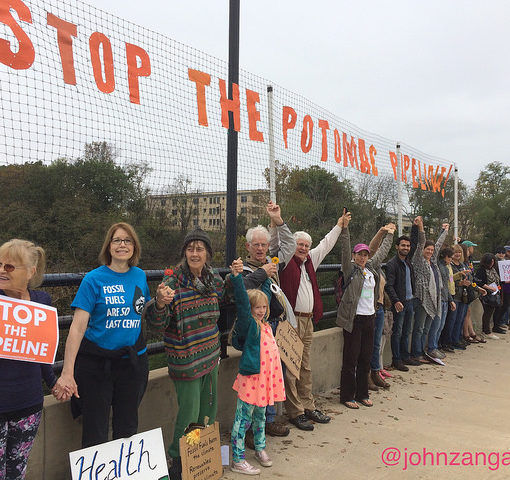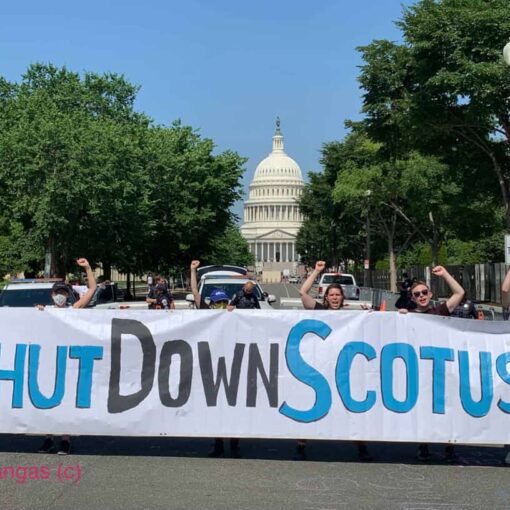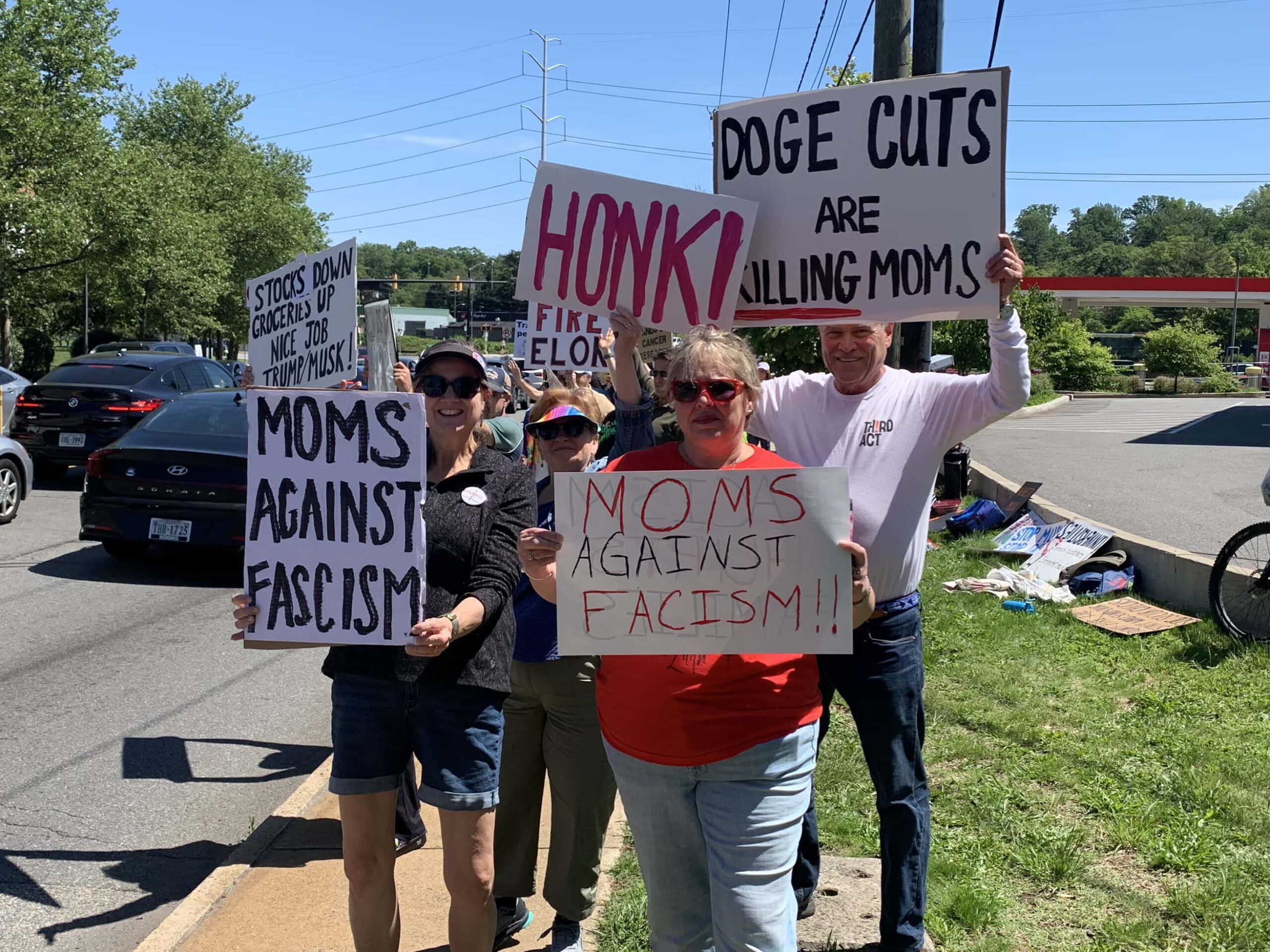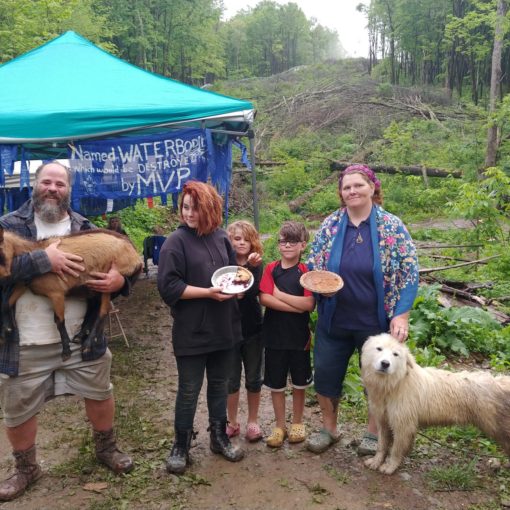Kearneysville, W.Va.–The Jefferson County Development Authority (JCDA) today convened for the first time since a mass resignation of members following the election in November 2018. The body only regained its quorum recently after several months of candidate interviews conducted by the Jefferson County Commission. Thirteen members were in attendance today with one member listening in and voting by phone.
The JCDA was rocked by the Rockwool controversy after it was revealed that some board members, working with the West Virginia Development Office, enticed the mineral wool manufacturer to come to Jefferson County with an incentives package which included tens of millions of dollars of infrastructure funding, direct funding, and a payment-in-lieu-of-taxes agreement specifying the JCDA as the holder of the land lease. The JCDA did so in contradiction to the county’s comprehensive plan, which had specified mixed-used transit-oriented development for Jefferson Orchards—the Rockwool site—and not heavy industry.
JCDA Vice President Neil McLaughlin presided over the meeting. He called the last several months “a tumultuous time” for the JCDA, but said it was now “moving in a new direction.”
“We are re-crafting ourselves” and improving economic development, he said, while noting that “the phones aren’t ringing like they used to.”
On his last day as Executive Director, Nic Diehl bid farewell to the JCDA as he moves on to a position at Eastern West Virginia Regional Airport. He thanked staff for “putting up with quite a bit” and predicted that “when the noise in the county dies down, the Development Authority will be able to do interesting things.”
“Jefferson County is a diamond in the rough,” he said. “Once you figure out your direction, you’ll be able to do some pretty neat stuff.”
Patsy Noland, the representative from the Jefferson County Commission, thanked Diehl for his service. “It probably seems like a hundred years to you. Sorry to see you go,” she said.
Bob Gillette expressed the hope that “old business” would not “get in the way.” Referring to difficulties he had had communicating with residents, he suggested setting aside a portion of each meeting to “talk about what you’re going to say to the public.”
Bolivar representative Bob McEachern proposed that each individual board member present their own vision for the county’s economic development at next month’s meeting and invite the public.
Public comments were limited to ten and allowed two minutes each. Six members of the public delivered comments to the board.
Diane Blust reminded the board that citizens felt they had been “misled,” and urged them act in residents’ interests. “It would be nice if we didn’t have to engage in lawsuits” to compel the board to act appropriately, she said.
Tim Ross urged the board to limit nondisclosure agreements that curtailed its ability to be transparent. Likewise, he advised ditching financial incentives, recalling that a Rockwool executive had told him that “they would have come here anyway.”
Giuliana Brogna advised the board to find an independent law firm which did not have conflicts of interest.
Sharon Wilt pleaded for “no more heavy industry” and suggested boosting the MARC train and internet and providing activities for people to do.
Barbara Stiefel of Harpers Ferry, a retired economist in international affairs, found the Deloitte report which the JCDA relied on in regards to Rockwool to be failing, without references or credible studies. Heavy industry emphasizes capital investments, and it is resource intensive, not job intensive, she said.
Catherine Jozwik brought a plexiglass sign with “Transparency” written on it and emphasized the need for the board to record or video meetings for the public.
Ranson representative Andy Blake delivered a report of the fiscal year 2018 audit. The JCDA had spent $94,500 in legal fees. Some legal expenses are being reimbursed by “the company” for negotiating a PILOT agreement.
Attorney William Rohrbaugh gave an update on three lawsuit pending against the JCDA filed by Jefferson County Vision. There will be hearings on all three cases on June 11 in Twenty-Third Judicial Circuit Court in front of Judge David M. Hammer.
After returning from executive session, the board ratified the Burr Park property agreement and approved the site plan for Burr Phase 1 Lots. The Board considered environmental legal representation, with Andy Blake making a motion to approve as presented in the packet and Patsy Noland seconding. Bob McEachern made a motion to consider other law firms, which was approved.
The environmental legal representation might be necessary in a lawsuit brought against TEMA and JCDA may need a litigator because it owns the building, McEachern explained after the meeting. The lawsuit might be “frivolous” or “trivial,” he said, but with all environmental lawyers in West Virginia having some connection to Rockwool, it was best to “avoid bad optics” and explore options, in his opinion.
“If we don’t come clean, it will be the undoing of us,” he said.





